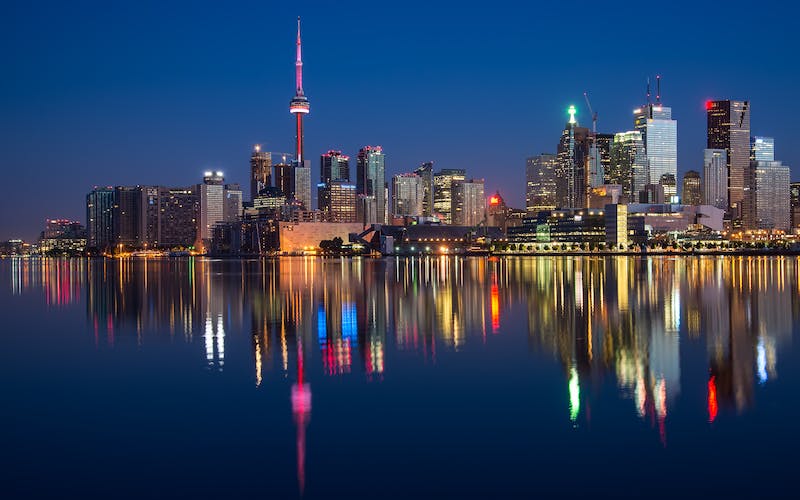Canada is still the only G-7 nation on earth to pass a national adult-use cannabis legalization measure involving cannabis products that are not low in THC. In fact, the only other nation to pass a similar measure is Uruguay, and yet, only residents of Uruguay can make legal purchases from licensed outlets. In Canada, anyone of legal age is permitted to make purchases.
Malta and Luxembourg have also passed national adult-use measures, however, neither country’s legalization model permits retail sales, and in the case of Luxembourg, essentially the only way for adults to legally obtain cannabis for adult use is by cultivating it. Malta permits noncommercial cannabis clubs, in addition to permitting personal cultivation.
Arguably the biggest selling point for adult-use legalization, for better or worse, is money. Both how much money is saved by no longer enforcing failed public policy, as well as the amount of money that can be generated by fees and taxes. Those two areas typically poll the best with voters.
The latter of the two is the focus of a recent inquiry by a member of Toronto’s City Council. Toronto, which is Canada’s largest city, was expected to receive a considerable amount of revenue via a public cannabis fund.
In Canada, a federal fund was set up to distribute excess taxes to municipalities that decided to allow private retail cannabis stores. The excess tax revenue was to be distributed to provinces and territories, which was then passed along to the participating municipalities.
James Pasternak, Toronto City Councilor for Ward 6 York Centre and the Chair of the North York Community Council is questioning where some of the revenue earmarked for Toronto is. Per StratCann:
Although the province had fulfilled its initial promises to distribute $40 million over two years to municipalities who opted in to allowing private retail cannabis stores, Pasternak says the provincial government has yet to fulfil an additional promise to distribute half of any additional tax revenue the province receives from its portion of federal excise tax on cannabis sales that exceeds $100 million.
The city says it has not received any update on cannabis excise tax revenue sharing from the Ontario government.
The overall economic boost from Canada’s legalized industry is substantial. An analysis by Deloitte estimated that the legal cannabis industry in Canada contributed over $43.5 billion to the nation’s GDP between the period of October 2018 and February 2022. An estimated $13.3 billion was added to Ontario’s GDP alone during that time according to Deloitte.
Cannabis companies directly invested over $4.4 billion into Canada’s economy, with the remaining boost to GDP coming from “indirect” economic contributions, and “induced” contributions according to Deloitte.
This article first appeared on Internationalcbc.com and is syndicated here with special permission.
Author
-
Johnny Green is the Media and Content Director for the International Cannabis Business Conference and has blogged about cannabis since January 2010.







